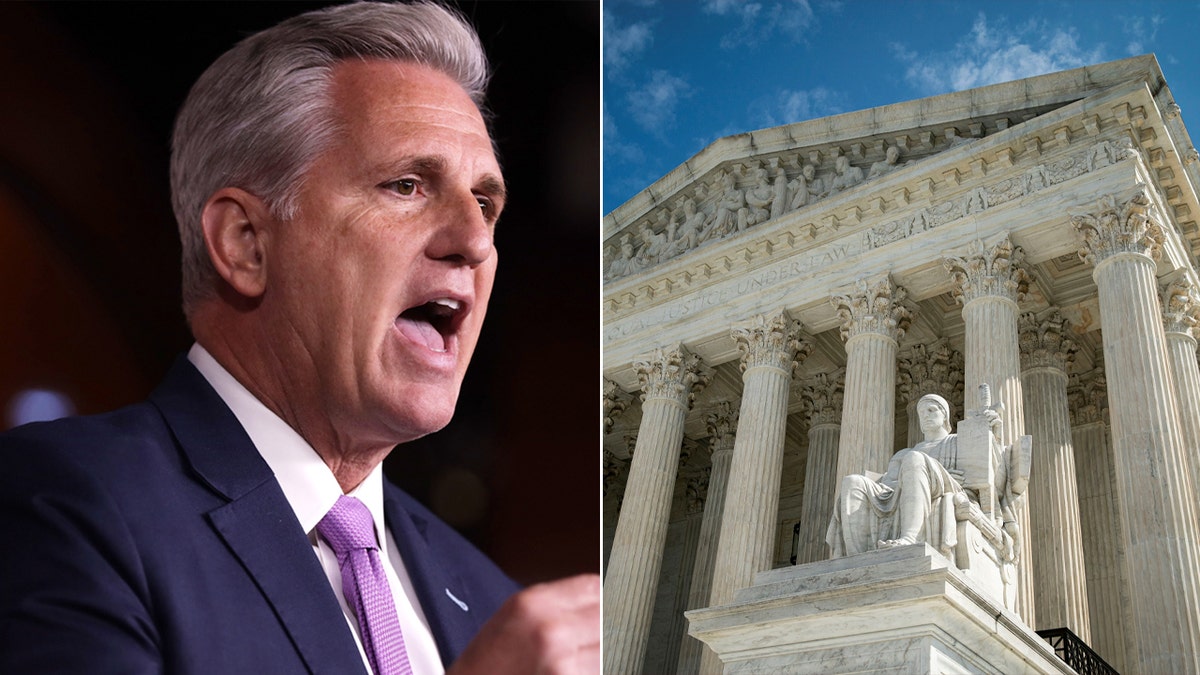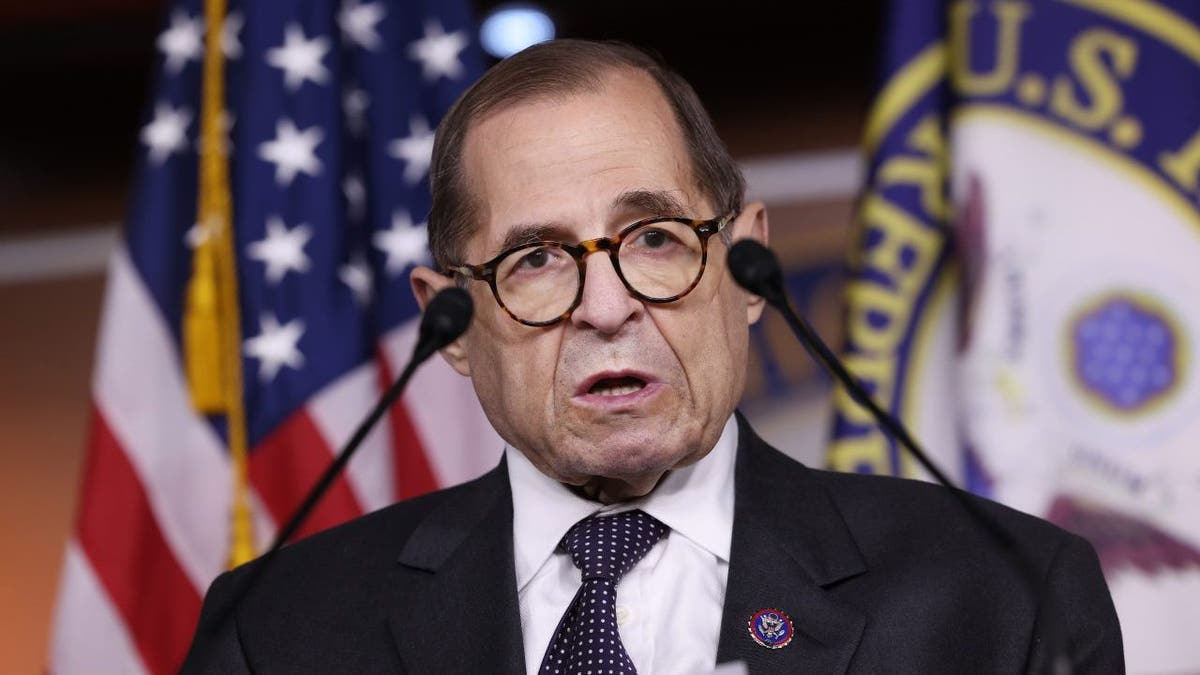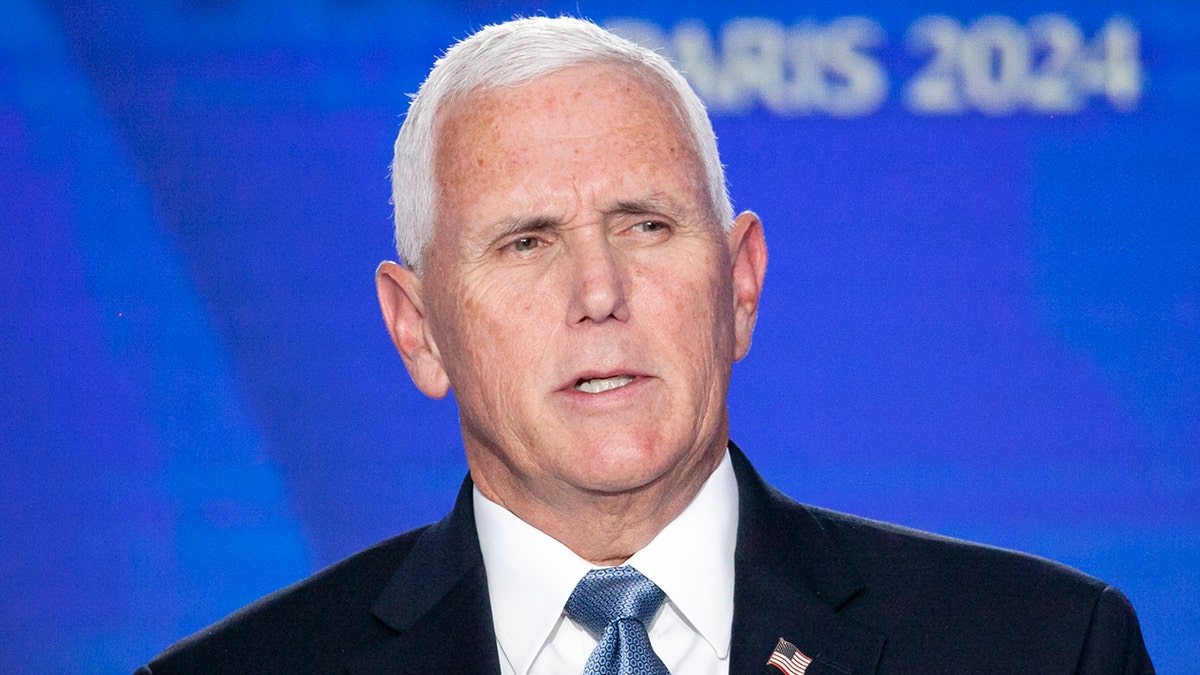In a largely partisan vote, the House of Representatives passed the Separation of Powers Restoration Act (SOPRA), aiming to overturn a 1984 Supreme Court decision that Republicans argue grants excessive regulatory authority to the executive branch. This decision, stemming from the Chevron U.S.A., Inc. v. Natural Resources Defense Council, Inc. case, established a precedent where courts generally defer to federal agencies' interpretations of ambiguous laws when crafting regulations. Republicans contend this has led to a surge in costly regulations, impacting Americans significantly.
Rep. Scott Fitzgerald (R-Wis.), the bill's sponsor, asserted that the Chevron ruling has allowed the executive branch to overstep its bounds, creating regulations that often deviate from congressional intent. He highlighted the substantial economic burden of these regulations, estimating the annual cost at nearly $2 trillion, equivalent to 8% of the U.S. GDP. Fitzgerald emphasized that this cost, if representing a country, would rank as the world's eighth-largest economy.

House Speaker Kevin McCarthy (R-Calif.) joined other House Republicans in supporting SOPRA. (Getty)

Rep. Scott Fitzgerald (R-Wis.) spearheaded the bill to overturn the Supreme Court precedent. (Tom Williams/CQ-Roll Call, Inc via Getty Images)
Rep. Thomas McClintock (R-Calif.) echoed Fitzgerald's concerns, stating that the Supreme Court's decision contradicts the Constitution's principle of separated powers, where Congress legislates and the executive branch enforces those laws.
Democrats opposed the bill, arguing that it would overwhelm the courts by requiring them to interpret federal laws without agency expertise. Rep. Jerry Nadler (D-N.Y.), ranking member of the House Judiciary Committee, argued that Congress delegates regulatory authority to agencies possessing the necessary technical expertise. He maintained that Congress sets broad policy goals, relying on agencies to develop specific regulations to implement those policies effectively.

Rep. Jerry Nadler (D-N.Y.) opposed the bill and voted against it along with most other Democrats. (Kevin Dietsch/Getty Images)
While SOPRA's prospects in the Democrat-controlled Senate are slim, and President Biden has indicated a likely veto, the Supreme Court itself might address the underlying issue. A case involving New Jersey fishermen challenging federal regulations is slated for the Supreme Court this fall. Lower courts, citing the Chevron precedent, have sided with federal regulators, but the Supreme Court's review could potentially lead to the overturning of this influential precedent.








